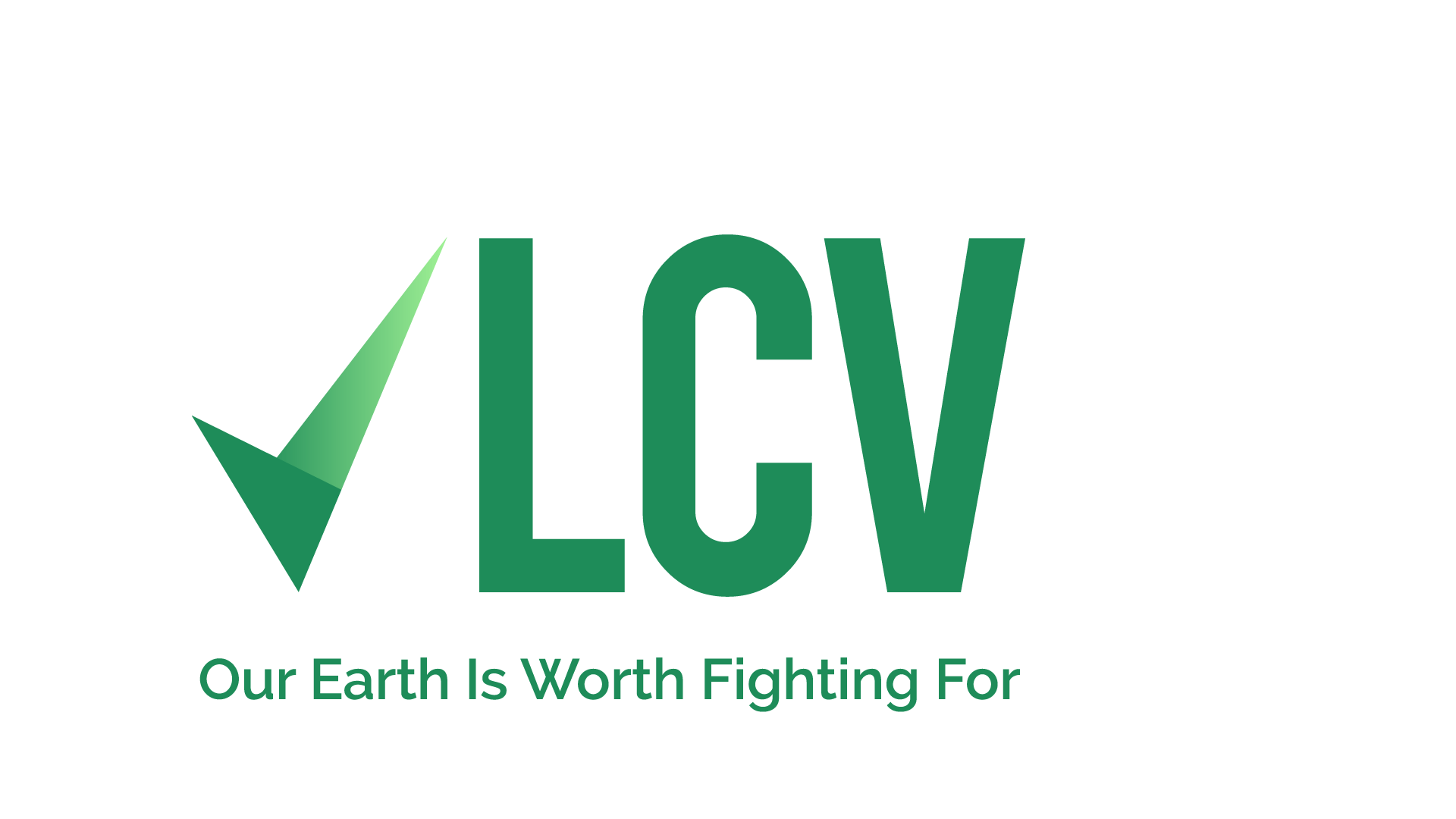 |
|||||
|
Hi Friend,
This Saturday is Juneteenth, also known as Freedom Day and Emancipation Day. It honors the end of slavery in the United States, which, as Vann R. Newkirk II wrote in The Atlantic, "celebrates liberty in America as it actually is: delayed." Specifically, the holiday marks the anniversary of June 19, 1865, when Union General Gordon Granger read federal orders in Galveston, Texas, that all previously enslaved people in Texas were free — despite the fact the Emancipation Proclamation had actually been issued two-and-a-half years earlier, on January 1, 1863. Juneteenth is not just a celebration of the emancipation of those individuals in Texas, but a reminder to all of us that none are free until all are free — and that for Black people in this country, freedom does not come fast enough nor advance in a straight line. Just yesterday, the U.S. Senate unanimously passed legislation to establish Juneteenth as a legal national holiday.  You won't want to miss the conversation between LCV's Chief Officer for Racial Justice and Equity Leslie Hinkson, LCV's Conservation Program Director Alex Taurel, and Human Rights Watch's Dreisen Heath, a leading advocate for reparations. This year, we've seen more elected leaders acknowledge the legacy of the historical crimes of white supremacy. Last month, President Biden traveled to Oklahoma to commemorate the anniversary of the 1921 Tulsa Race Massacre — the first president to do so. In Congress, H.R. 40 — a bill proposed by Representative Sheila Jackson Lee, which would create a commission to study slavery, its lingering effects, and the discrimination African Americans have faced in its wake — has passed committee and is poised for a full House floor vote soon. At the same time, we've seen new attacks on democracy and voting rights profoundly rooted in white supremacy — a backlash aimed at high rates of participation by Black voters in 2020 and which reflects the long history of disenfranchisement of Black people in this country. Fueled by false allegations of fraud in the vote-by-mail process, legislatures in 48 states have introduced almost 400 bills to restrict voting . All of us at LCV and our members have a role to play in advancing freedom and honoring the history and lessons of Juneteenth. We must also push Congress to pass laws to protect voting rights and strengthen our democracy, including:
Gene Karpinski President League of Conservation Voters P.S. I hope you can join us on Thursday June 17 at 11 AM ET for an Instagram Live with LCV's Chief Officer for Racial Justice and Equity Leslie Hinkson, LCV's Conservation Program Director Alex Taurel, and Human Rights Watch's Dreisen Heath. Follow @lcvoters on Instagram and join live here. |
|||||
| This email was sent to [email protected]. If this isn't the best email address at which to reach you, update your contact information. Click here to unsubscribe from our supporter list. Send us any comments, criticisms, or feedback here, or just reply to this email! Thanks for your support. 740 15th St NW, 7th Floor Washington, DC xxxxxx 202-785-8683 |
||